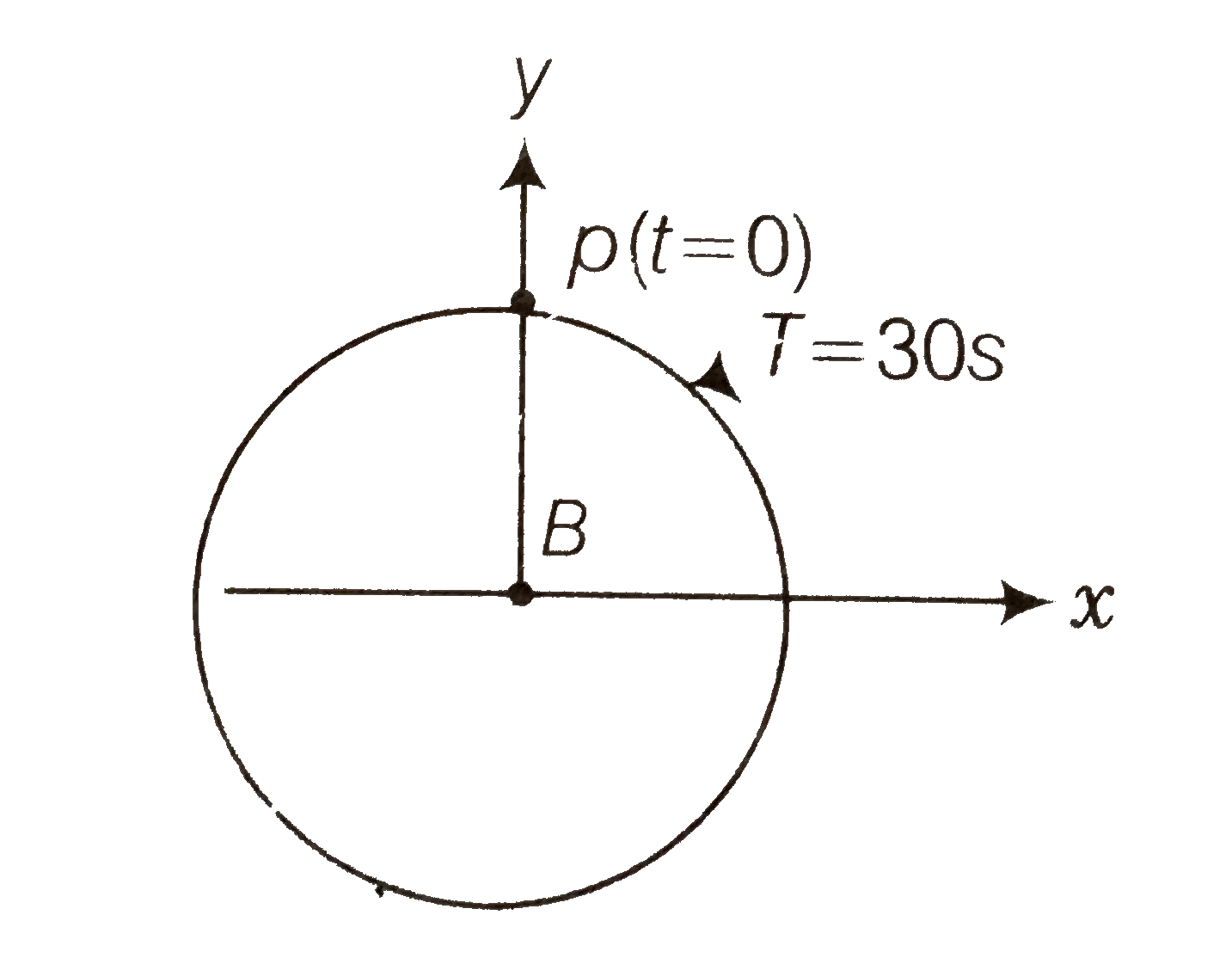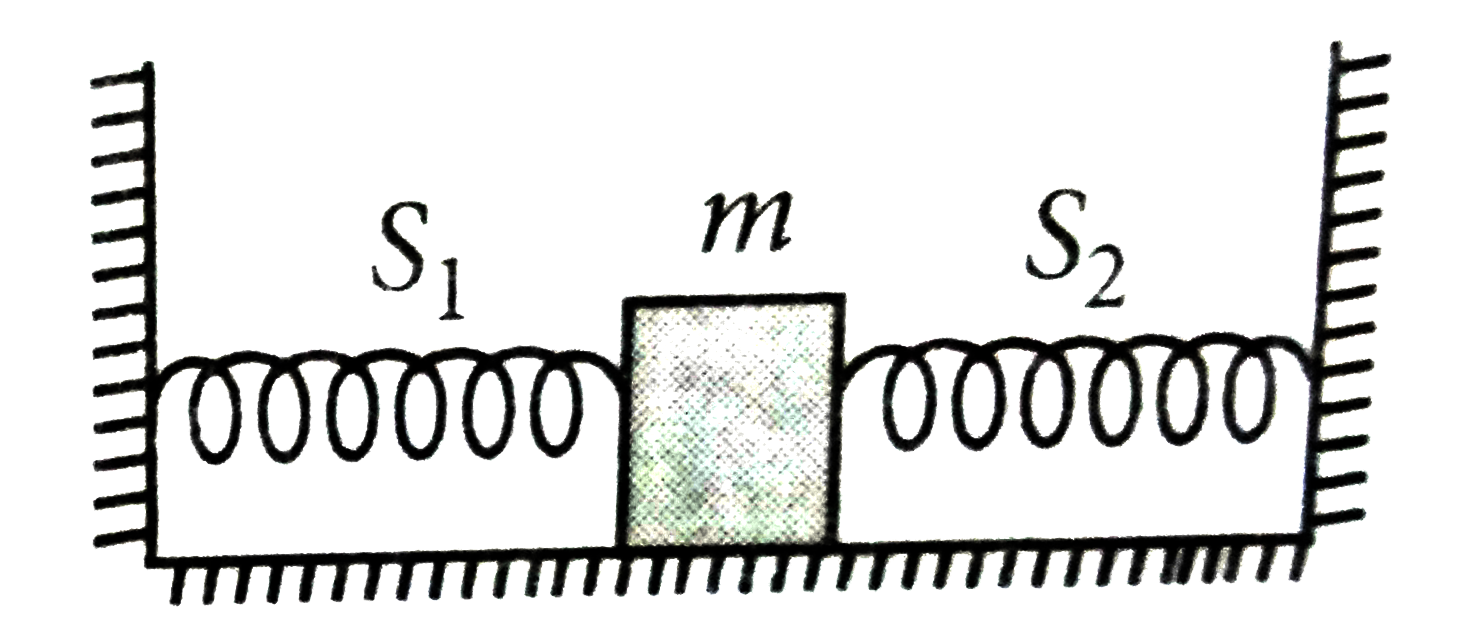Complete Solutions to NCERT Exemplar of chapter OSCILLATIONS of Class 11 book with complete answers and questions
| Class 11 | PHYSICS |
| Chapter | OSCILLATIONS |
| NCERT FINGERTIPS | NCERT Exemplar |
| Number Of Questions | 10 |
| Academic Year | 2023-24 |
The displacement of a particle is represented by the equation `y=3cos((pi)/(4)-2omegat).`
The motion of the particle is
View SolutionThe displacement of a particle is represented by the equation `y=sin^(3)omegat`. The motion is
View SolutionThe ralation between acceleration and displacement of four particles are given below
which one of the particles is executing simple harmonic motion?
View SolutionMotion of an oscillating liquid column in a U-tube is
View SolutionA particle is acted simultaneously by mutually perpendicular simple harmonic motions x=a cos`omegat` and `y=asinomegat`. The trajectory of motion of the particle will be
View SolutionThe displacement of a particle varies with time according to the relation `y=asinomega+bcosomegat`.
View SolutionFigure shows the circular motion of a particle. The radius of the circle, the period, same of revolution and the initial position are indicated on the figure. The simple harmonic motion of the x-projection of the radius vector the rotating particle P is

View SolutionThe equation of motion of a particle is `x=acos(alphat)^(2)`. The motion is
View SolutionA particle executing SHM has a maximum speed of 30 cm `s^(-1)` and a maximum acceleration of 60 cm `s^(-1)`. The period of oscillation is
View Solution
When a mass m is connected individually to two springs `S_(1) and S_2`, the oscillation frequencies are `upsilon_(1) and upsilon_(2)`. If the same mass is attached to the two springs as shown in figure, the oscillation frequency would be
View Solution
NCERT Exemplar questions and complete solutions for chapter OSCILLATIONS of NCERT FINGERTIPS PHYSICS (HINGLISH) of Class 11
All Exercises from NCERT FINGERTIPS Class 11 PHYSICS OSCILLATIONS
- Assertion And Reason
- Damped Simple Harmonic Motion
- Energy In Simple Harmonic Motion
- Exemplar Problems
- Force Law For Simple Harmonic Motion
- Forced Oscillation And Resonance
- Higher Order Thinking Skills
- MCQs
- NCERT Exemplar
- Periodic And Oscillatory Motions
- Simple Harmonic Motion
- Simple Harmonic Motion And Uniform Circular Motion
- Some Systems Executing Simple Harmonic Motion
- Velocity And Acceleration In Simple Harmonic Motion